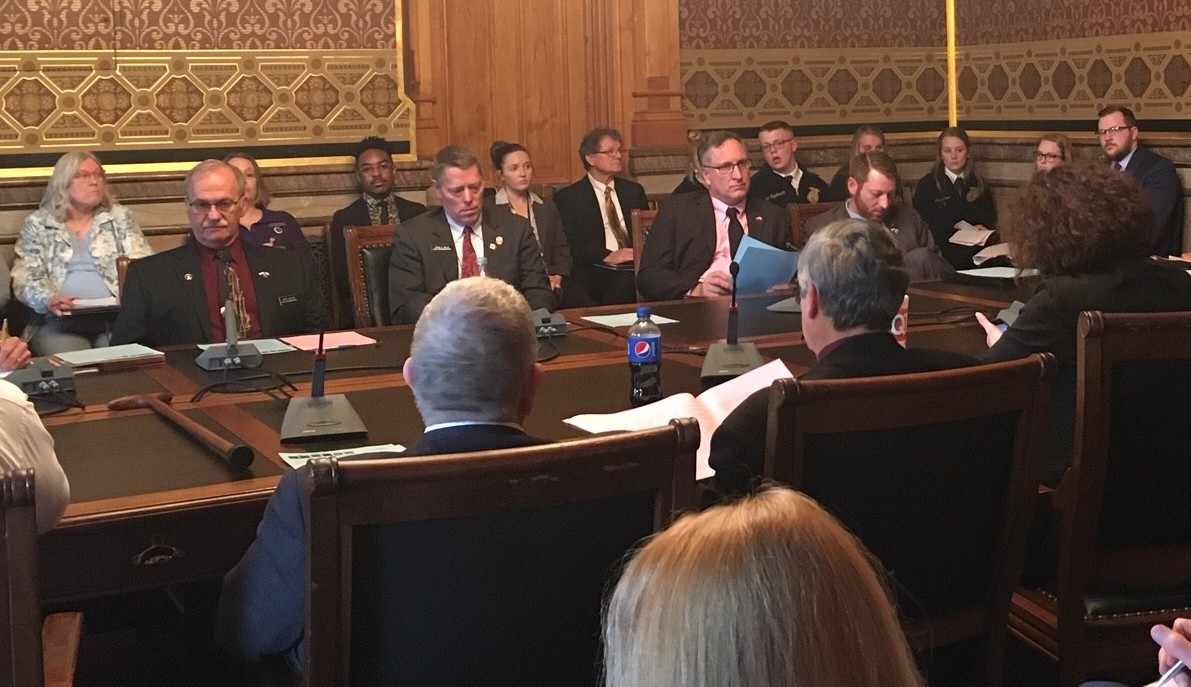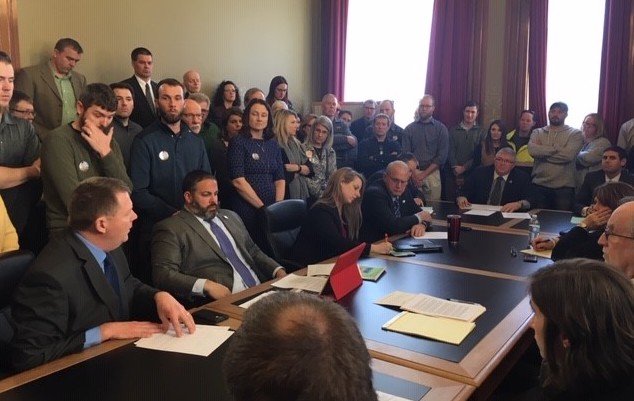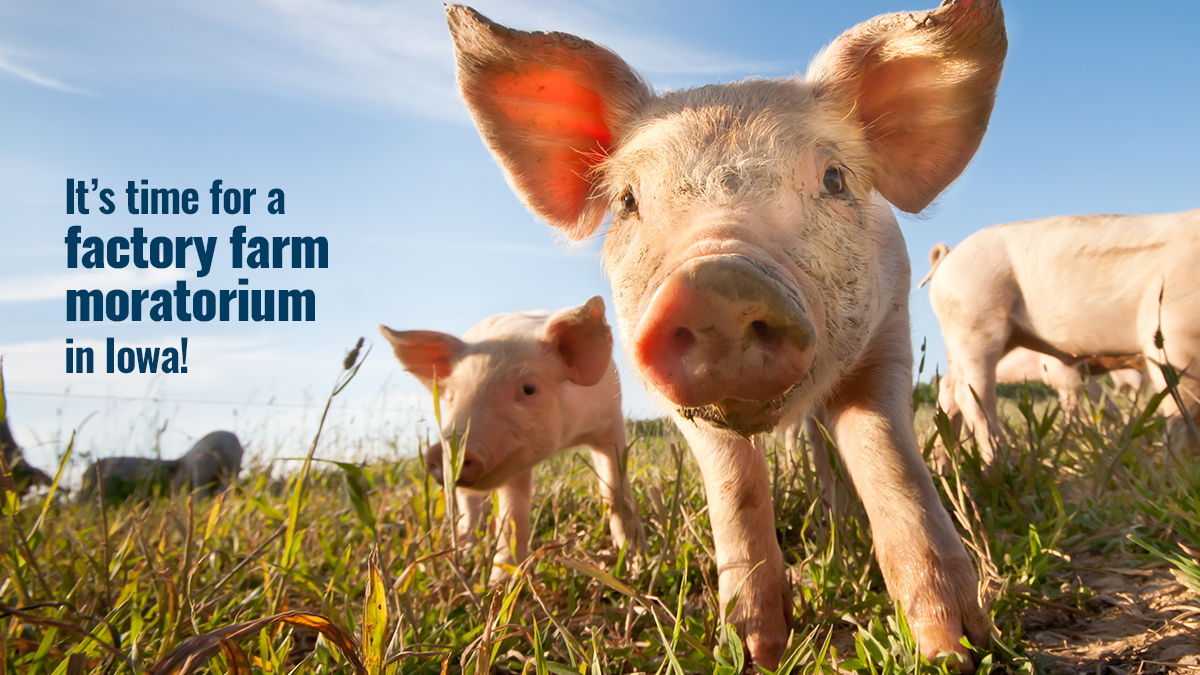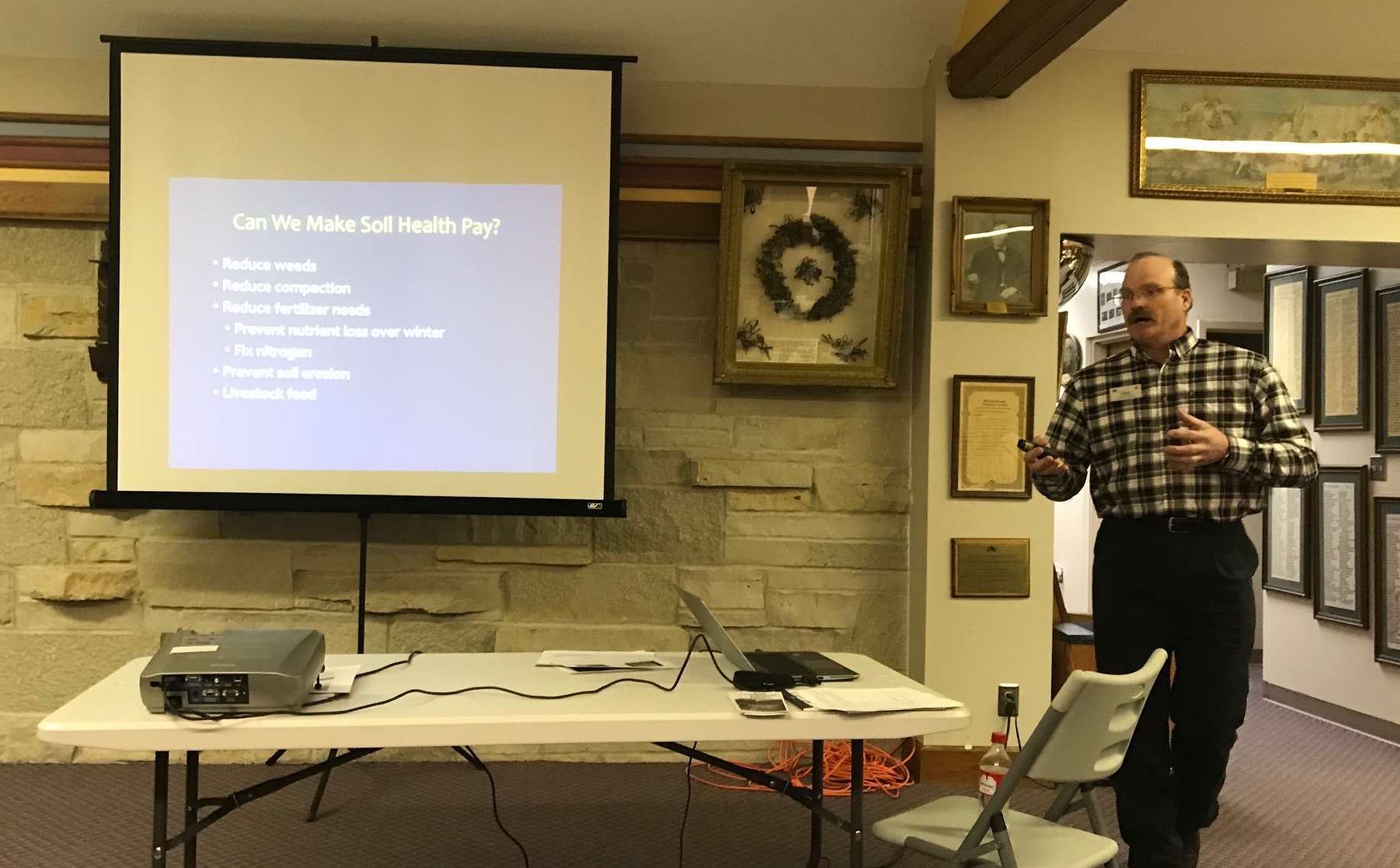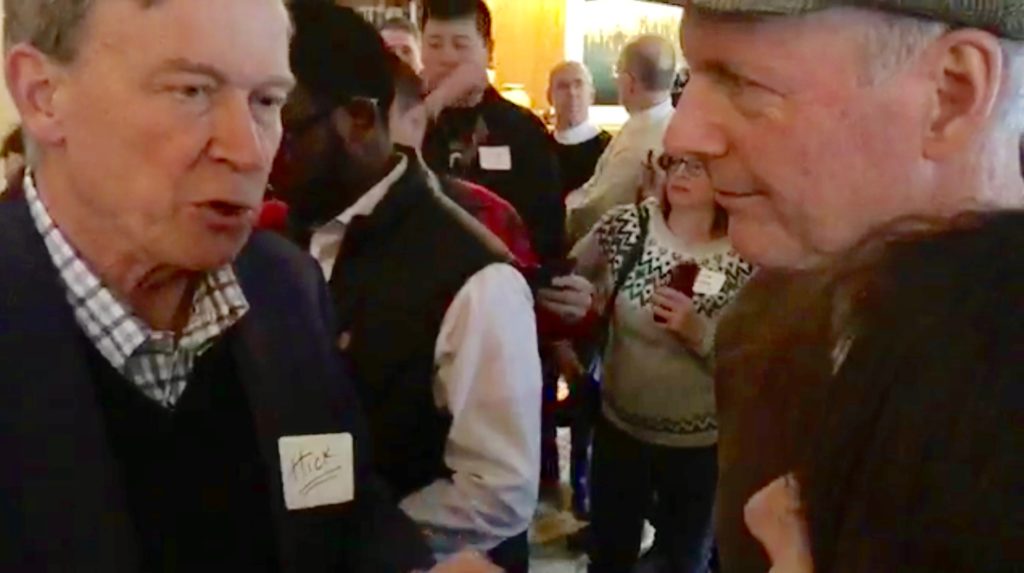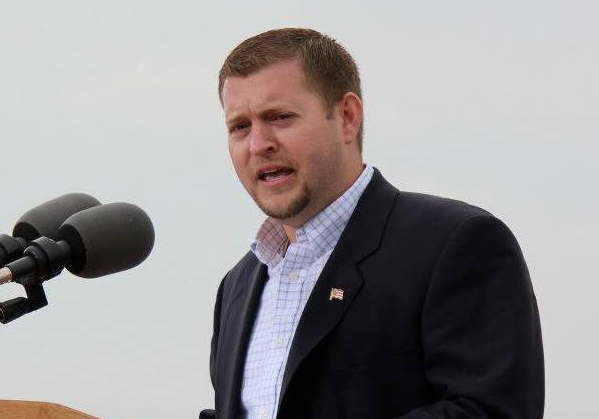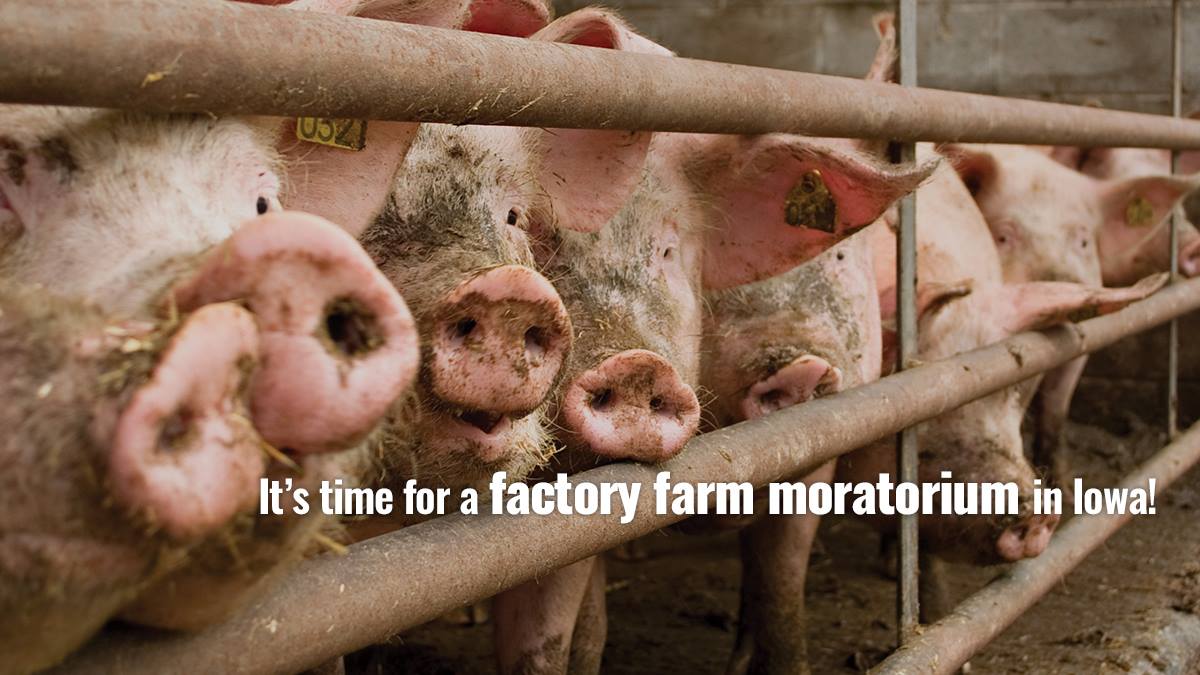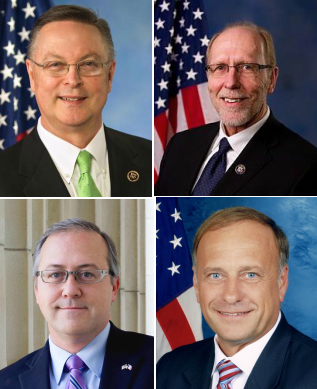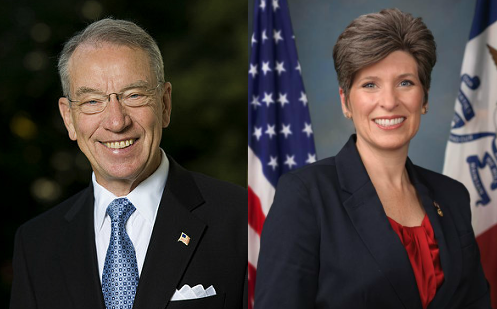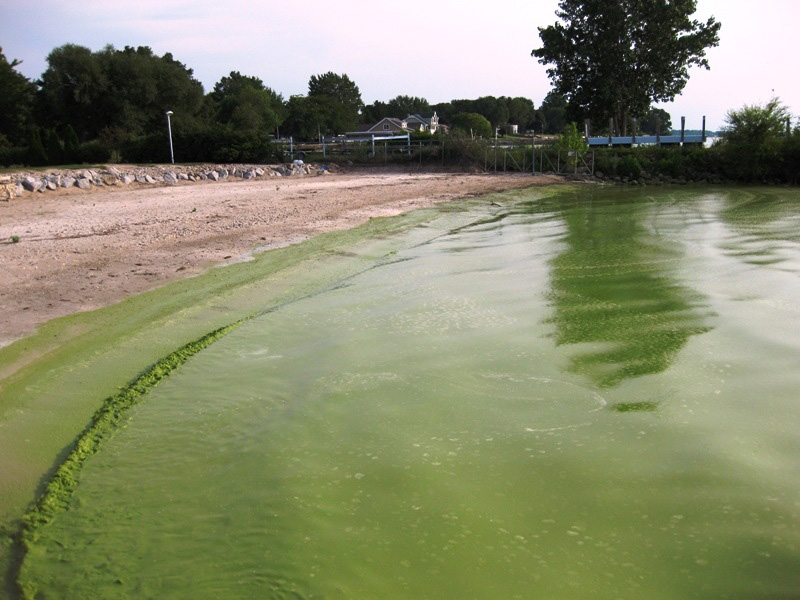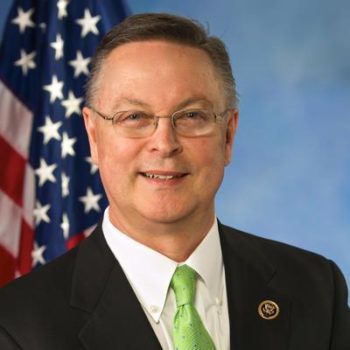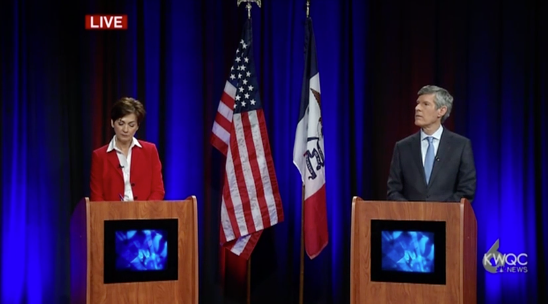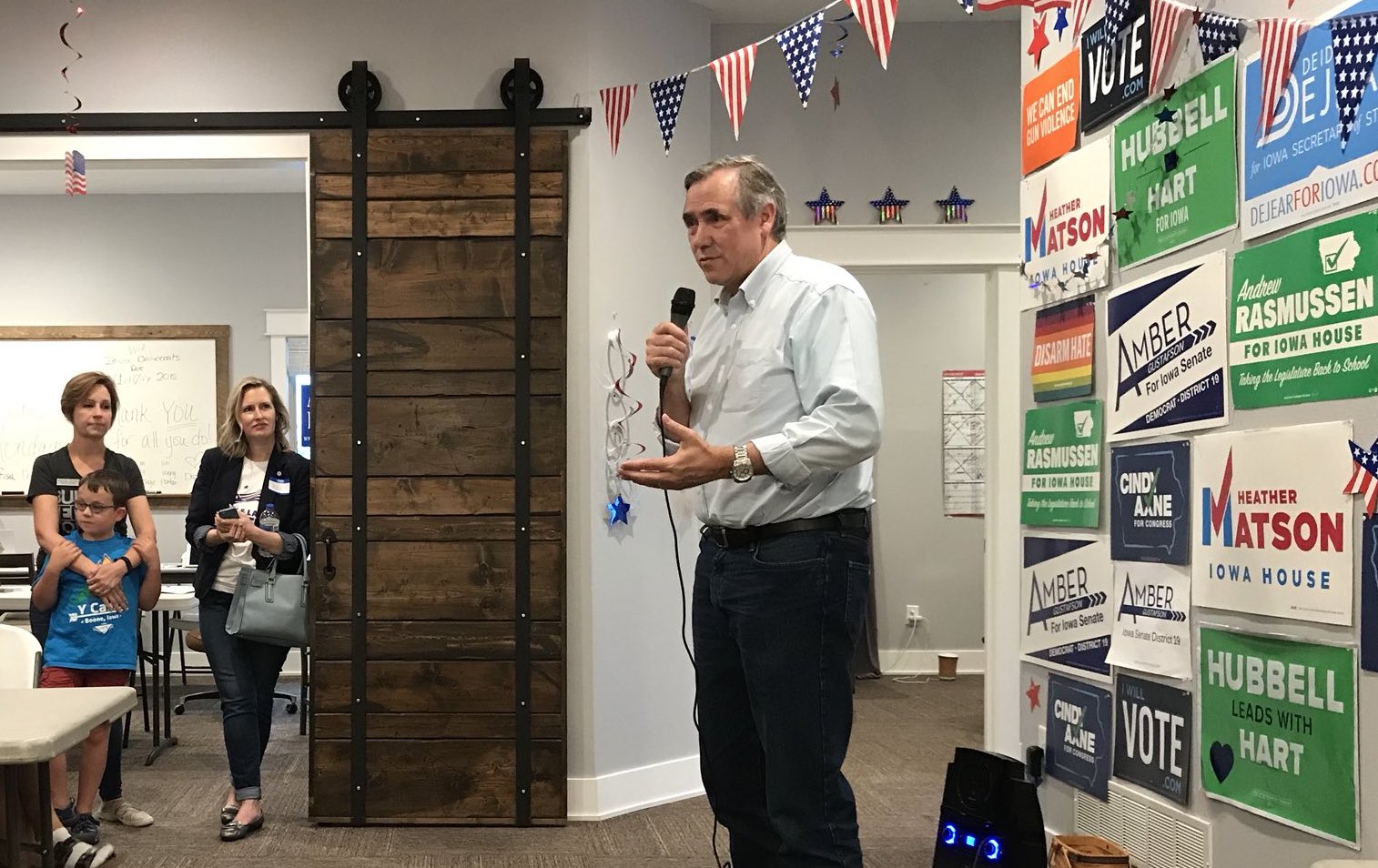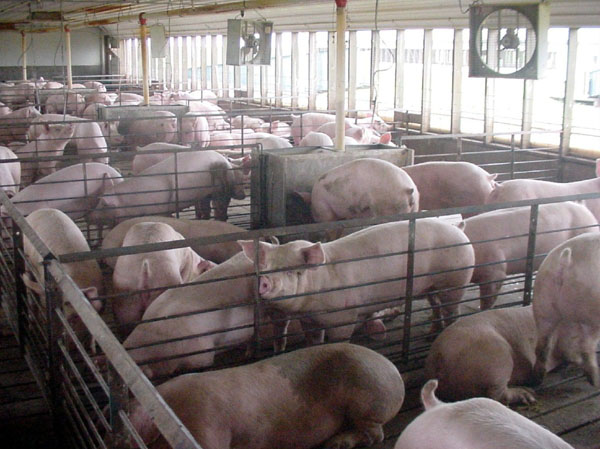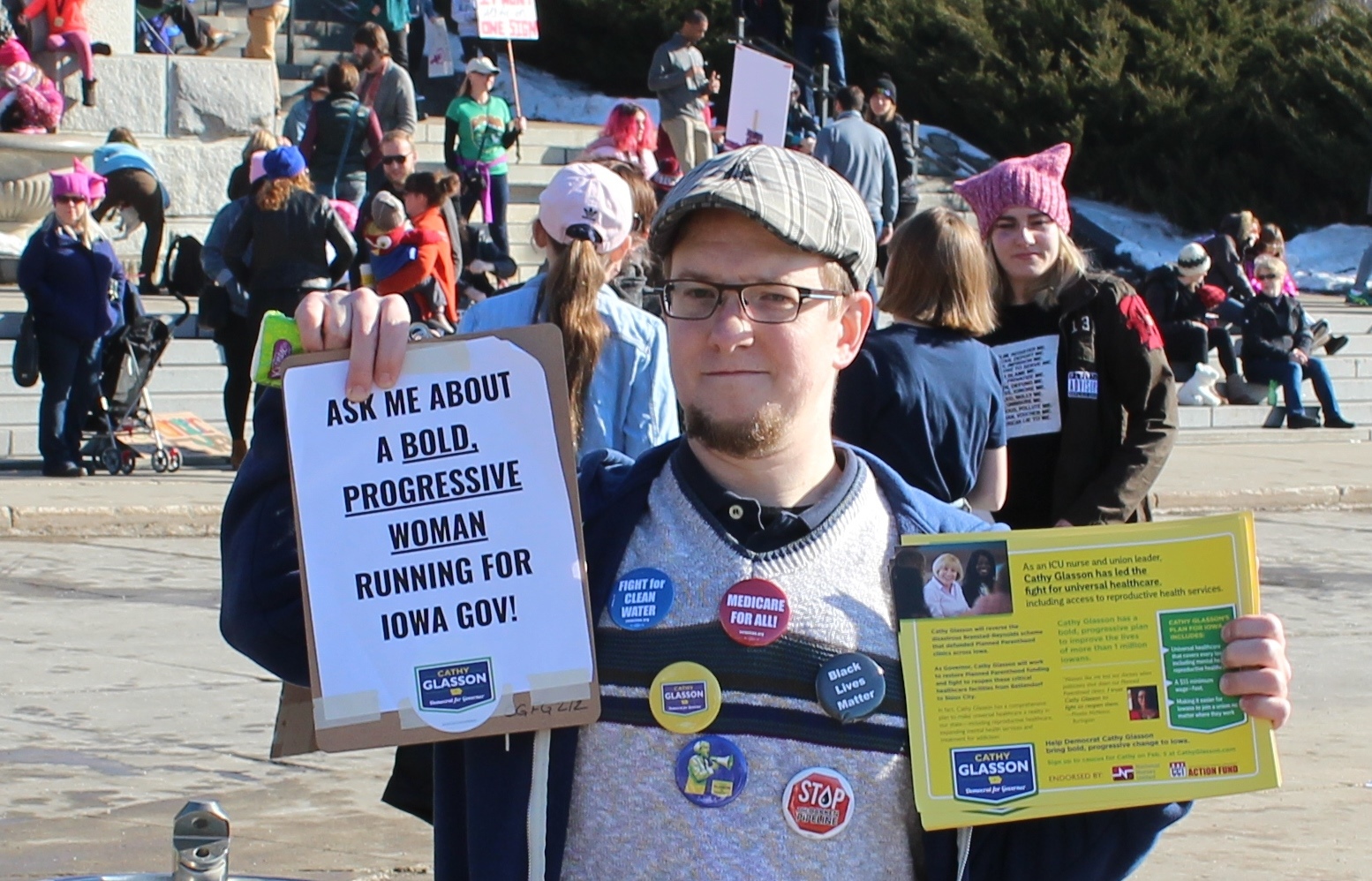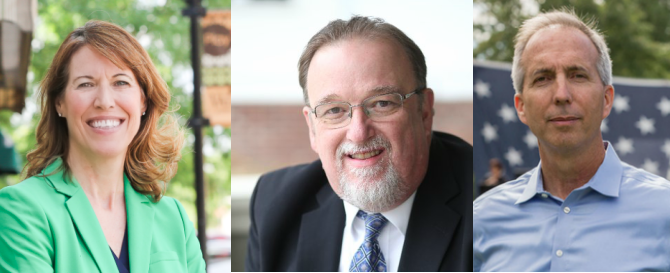UPDATE: The Iowa House approved an amended version of Senate File 548 on a mostly party-line 52 to 44 vote. The Senate approved the bill by 33 votes to 17. Governor Kim Reynolds signed the bill on May 9.
Angelisa Belden is communications and development director for the Iowa Environmental Council. -promoted by Laura Belin
Iowans are dealing with the aftermath of receding flood waters this week. Heart-wrenching stories have emerged about returning to decimated homes, topsoil-choked streams headed for the Gulf of Mexico, and the sad task of removing lifeless bodies of young calves who couldn’t withstand the deluge.
Commentators and elected officials are missing the point – or at least failing to bring proper attention to – the obvious and science-based solution to not only water quantity but water quality crises facing our state. We must adopt policy and pass laws that slow down the water running off of our farm fields. That task starts with the federal Farm Bill but ends here at home with efforts to replace Iowa’s lax environmental rules with meaningful protections for land and water.
Senate File 548, the bill that would restrict the use of loans from the State Revolving Fund to purchase land for water quality projects, is a step in the wrong direction.

